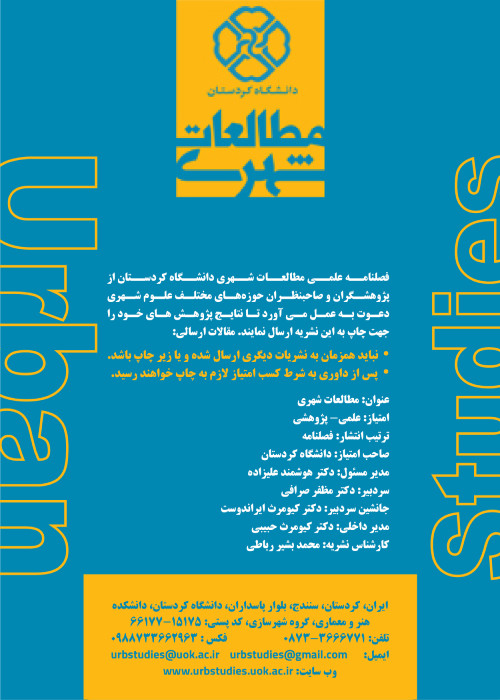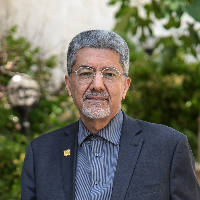Planner's Position in the Iranian Urban Planning Process
Abstract:
Despite the fundamental economic، social، political and technological transformations، urban planning process has not undergone any sensible change since 1968 to the present time and the role and position of planners and its prominent actor، i. e. the government، have remained invariant. A major part of this change has resulted from the viewpoint held by planners who see the planning process as a technical، physical and intellectual process. In the present study، using concepts such as “knowledge”، “reality”، “rationality”، “value”، and “policy” an attempt has been made to criticize the traditional planning process، which is the dominant process in Iran. This study، by introducing other alternatives of scientific knowledge and instrumental rationality and exhibiting some gaps in the robust framework of the reality emphasized in traditional planning، addresses the role of values، experience، and mentality of planners as well as policy and policy implementation employed by social activists in the planning process. Furthermore، it reviews the unbiased and value-free perceptions of traditional values. For this purpose، through interviewing the managing directors of the country’s largest consulting engineering companies، which are in charge of preparing designs in Iran، we have investigated their various mentalities، perceptions، and experiences about the forces and approaches influencing the planning process. The reason why we have chosen company directors instead of project managers or design experts is that directors are more involved in the interactions with different actors in the planning process. After conducting the interviews with 15 managing directors، the contents of the interviews were scripted and the results were applied to review the framework of traditional planning process. Since government، in contrast to society، holds all the powers and fulfills all the duties and is involved in almost all urban planning processes، by drawing five abstract states of planners’ positions (governmental planners، government-serving planners، independent planners، public-serving planners، and public planners) we have assumed that there is a distance between the two main sides of society (government and community) where planners find an angled position with these two elements of society. By defining this position، planners in the planning process determine their relations with each of the primary forces where the smaller the angle، the closer the relationships.
Keywords:
Language:
Persian
Published:
Motaleate Shahri, Volume:3 Issue: 12, 2015
Pages:
19 to 32
magiran.com/p1445403
دانلود و مطالعه متن این مقاله با یکی از روشهای زیر امکان پذیر است:
اشتراک شخصی
با عضویت و پرداخت آنلاین حق اشتراک یکساله به مبلغ 1,390,000ريال میتوانید 70 عنوان مطلب دانلود کنید!
اشتراک سازمانی
به کتابخانه دانشگاه یا محل کار خود پیشنهاد کنید تا اشتراک سازمانی این پایگاه را برای دسترسی نامحدود همه کاربران به متن مطالب تهیه نمایند!
توجه!
- حق عضویت دریافتی صرف حمایت از نشریات عضو و نگهداری، تکمیل و توسعه مگیران میشود.
- پرداخت حق اشتراک و دانلود مقالات اجازه بازنشر آن در سایر رسانههای چاپی و دیجیتال را به کاربر نمیدهد.
In order to view content subscription is required
Personal subscription
Subscribe magiran.com for 70 € euros via PayPal and download 70 articles during a year.
Organization subscription
Please contact us to subscribe your university or library for unlimited access!



